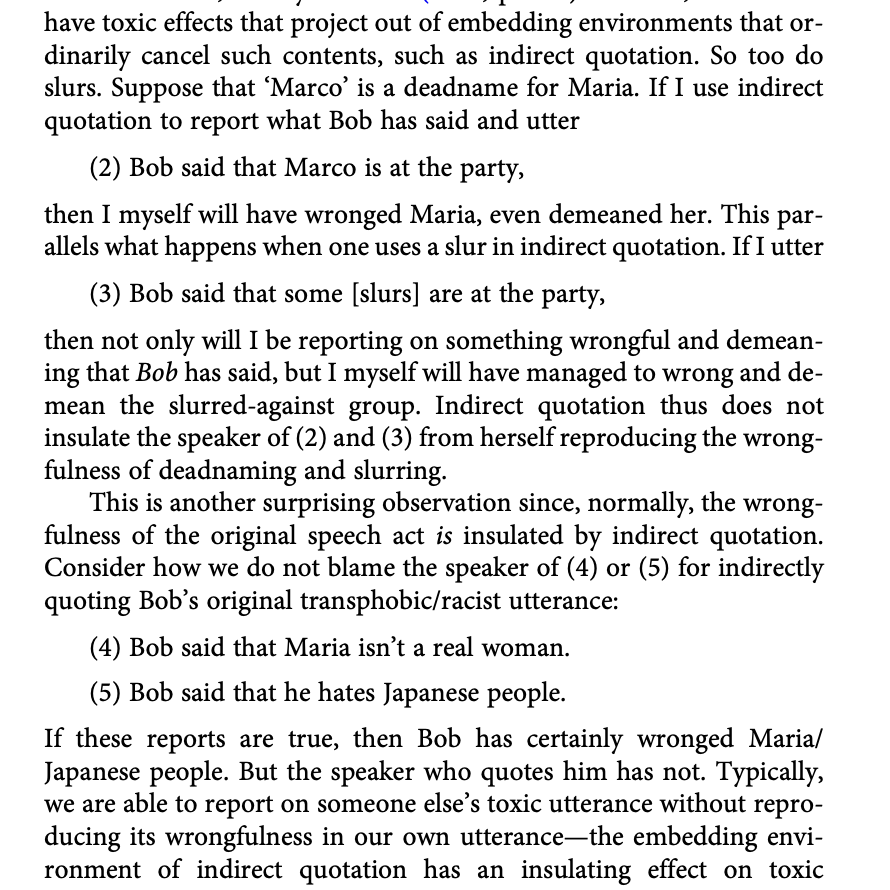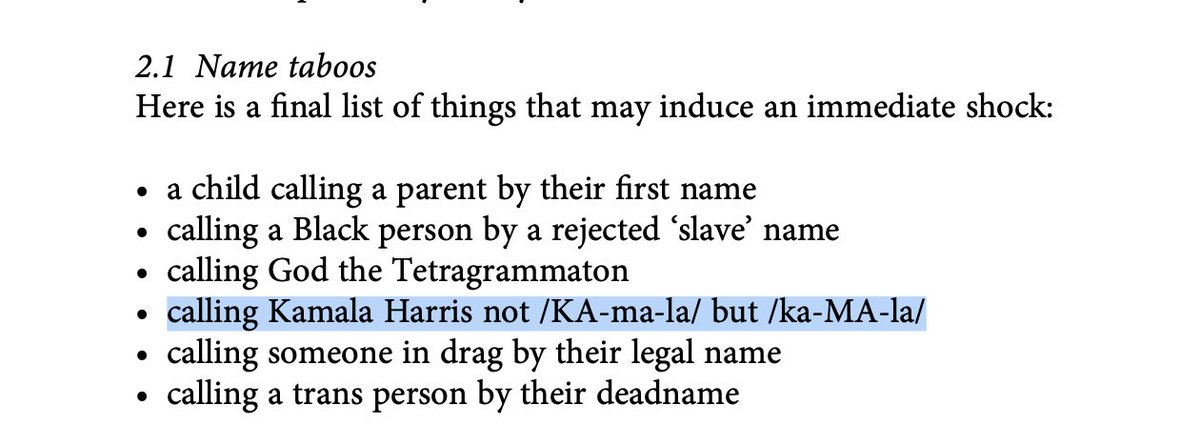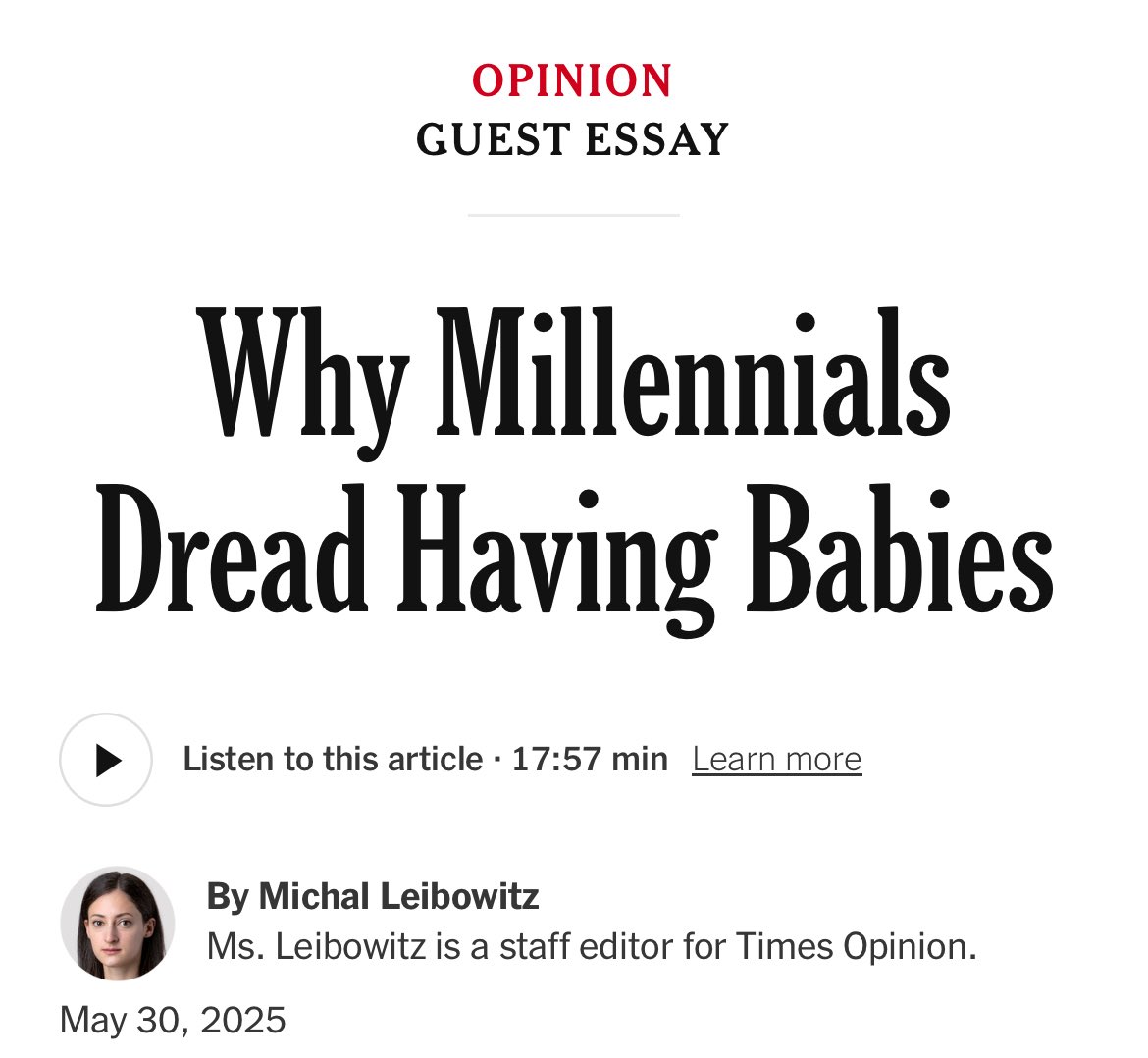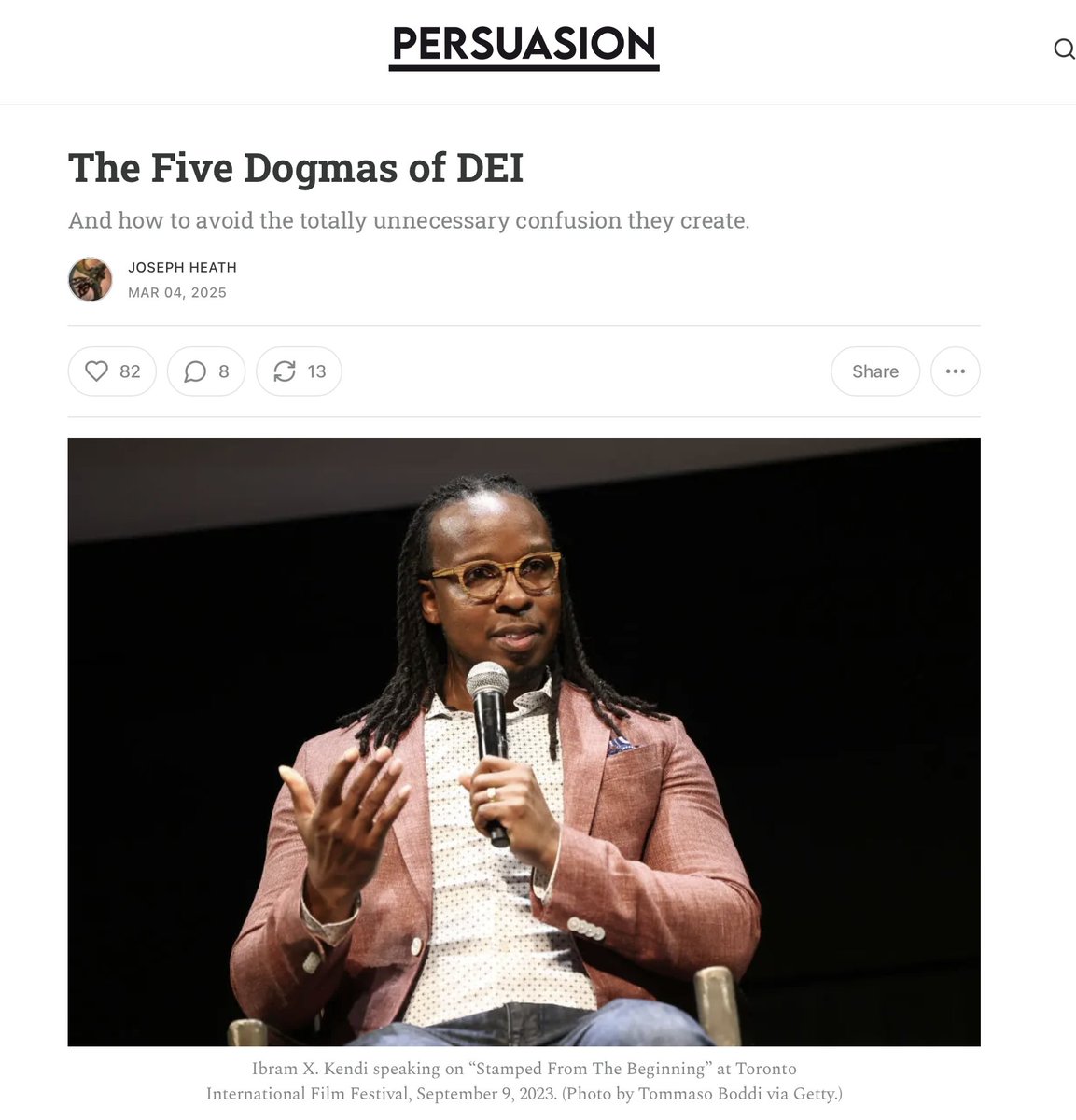"Top" philosophy journals have a fever and the only prescription is more papers on deadnaming. 
https://twitter.com/BrandonWarmke/status/1953127335550480836
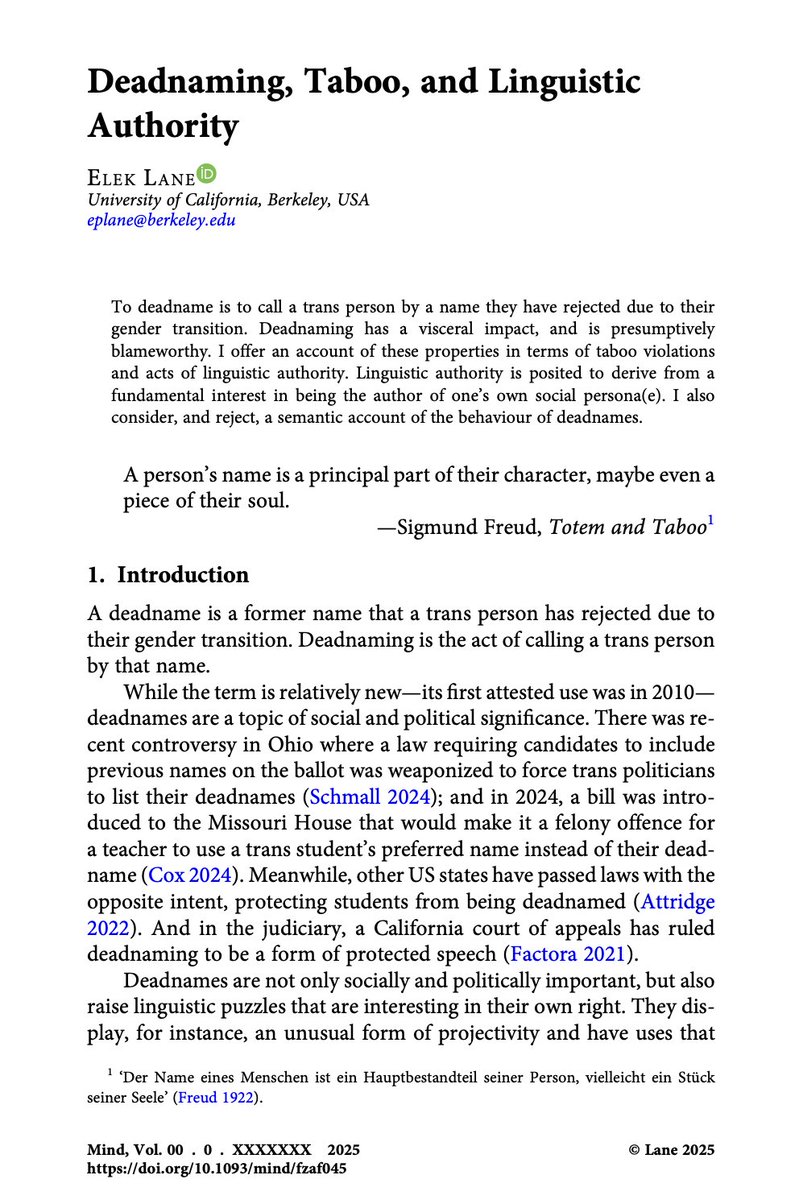
• • •
Missing some Tweet in this thread? You can try to
force a refresh

